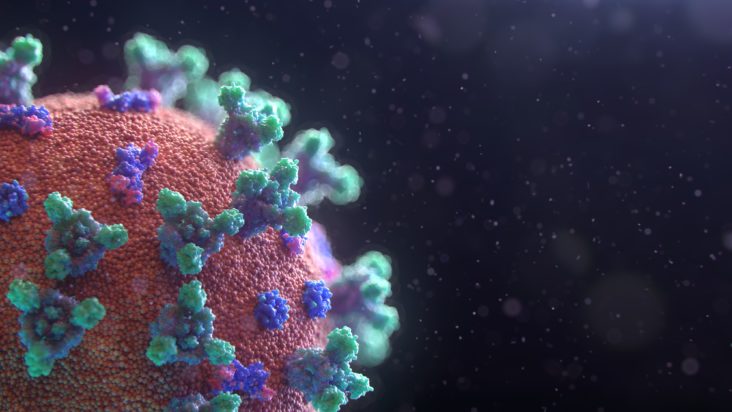Coronavirus and Social Distancing

Obviously at this point there is no one that hasn’t heard of the coronavirus problem plaguing the world. One of the key considerations that has resulted in issues of social distancing is the impact on the medical system. While many people under 40 seem to be of the opinion “well, I don’t have an underlying medical condition, I’ll be fine”, the fact of the matter is that people of all ages die from a multitude of non-age related problems every day. This includes things like accidents, cancer, and assaults (1).
The problem isn’t just that people require hospitalization due to COVID-19 related respiratory distress, its the fact our healthcare system is only funded to manage a certain capacity of critical care patients beyond what was available last year. That includes hospital beds, nurses, doctors, support staff, and medical devices.Â
Its true that for a 20-something, the chance of you dieing from it are far less than if you are an 80-something. But what happens if you are in an accident, or if you are exposed to something else either deliberately or accidentially, are the victim of an assault, or any host of other problems that require hospitalization that have nothing to do with COVID-19? What if you are a cancer patient? What if you are ready to give birth?
Because of the potency of COVID-19, the entire system is re-tooling to address the isolation requirements to keep everyone safe. But to do that requires making compromises for people with almost every other type of condition that includes reduced capacity to address those conditions. So if you are a cancer patient waiting for a biopsy to determine its progression, you may have found yourself pushed to the back of the line. Not because anyone wants to do that, but because methods of triage requires we take in the sickest patients first. Even if that results in delayed access to preventative medical care that may be required to save your life later.
Its a careful balancing act that all healthcare workers are all too fearful of and under stress to appropriately manage. No one wants to have to tell the accident victim that there aren’t any more beds left because they are all being used for coronavirus patients. Or that someone is going to have to lose their eyesight because their elective surgery was put off too long due to the lack of medical staff available to perform the surgery.
If you are a 20-something reading this and thinking, “this doesn’t impact me”, you are wrong.
Its important that you are engaged and aware that this isn’t just a flu bug in a different form but an assault on the entire medical infrastructure that impact every form of illness both directly and indirectly.Â
It is important to practice health risk management at every age. That doesn’t just mean social distancing, or washing your hands. That means looking out for your family, friends, and neighbours. Minimizing risky behaviours of all types. Raising awareness of problems that might result in trips to the hospital or the doctor’s office.Â
For example,
- how to make your home or workplace safer
- how to store chemicals and poisons around the house or office
- how to recongize signs of physical or mental abuse
No one expects this virus to die out in the near future. Until an effective vaccine is developed it may be a few years before we are truly safe from the COVID-19 influence. That means long term changes to the way we think about health and safety and the funding models used to account for the increased resources needed to keep everyone safe at the same level we were at in 2019 regardless of their condition.
Now is the time to be talking about longer term changes in healthcare and what that means to you, today, for your circumstances. Not just those impacted by COVID-19. Eventually things need to get back to their new normal. What that normal looks like however won’t be anything like where we started.
The world has changed permanently. What we do next should involve all of us.
— Kevin Feenan
Â